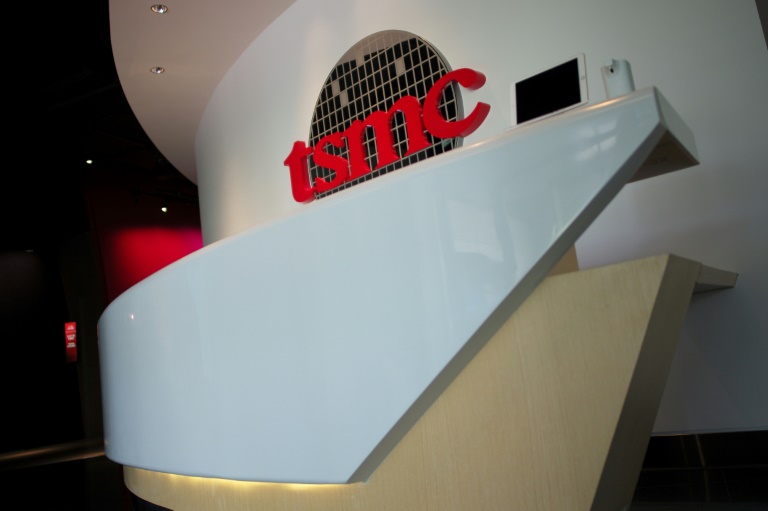The U.S. Department of Commerce has reportedly imposed export restrictions on Taiwan Semiconductor Manufacturing Co., prohibiting the shipment of certain advanced chips, specifically the 7-nanometer or more advanced designs, to China.
The new order, set to take effect on Monday, comes weeks after TSMC notified the Commerce Department that one of its chips had been found in a Huawei AI processor, Reuters reported.
On dismantling the product, research firm Tech Insights discovered TSMC chip, exposing what appeared to be a violation of export controls. These chips, commonly used in AI applications, are integral to AI accelerators and graphics processing units (GPUs).
Huawei, the Chinese telecom giant, is already on a restricted trade list. Suppliers must secure licenses to export goods or technology to the company. Licenses for shipments that could support Huawei’s AI initiatives are expected to be denied.
The Commerce Department’s “is informed” letter lets the U.S. skip the normal long process of creating rules and urgently impose new licensing requirements on specific companies.
TSMC has notified affected clients that it is suspending its chip shipments from Monday as per the order by the Department of Commerce, the report said.
A spokesperson for TSMC said it was a “law-abiding company…committed to complying with all applicable rules and regulations, including applicable export controls.”
“TSMC has had regular discussions with the government on export control issues and has made it clear that it will comply with domestic and international regulations,” Taiwan’s economy ministry said in a statement to Reuters.
In October, TSMC also halted shipments to China-based chip designer Sophgo after one of its chips was found to be identical to the one in Huawei’s AI processor.
The exact method of how the chip ended up in Huawei’s Ascend 910B remains unclear. Released in 2022, the Ascend 910B is regarded as the most advanced AI chip from a Chinese company.
In 2022, the Commerce Department sent “is-informed” letters to Nvidia and AMD, restricting them from exporting advanced AI chips to China.
Additionally, similar letters were issued to chip equipment makers like Lam Research, Applied Materials, and KLA, limiting their sale of tools for making advanced chips, to China. These initial restrictions were later implemented as rules impacting a broader group of companies.
The latest crackdown is likely to affect additional companies, as the U.S. investigates whether there are other firms supplying chips to Huawei for its AI processors.
The move comes amid increasing concerns from both Republican and Democratic lawmakers regarding the effectiveness of export controls on China and the enforcement of these measures by the Commerce Department.
A new draft of U.S. regulations allows for restrictions on certain foreign exports of chipmaking equipment and intends to add 120 Chinese companies, including chipmakers and tool manufacturers, to the restricted entity list. However, these regulations have not been officially implemented.







